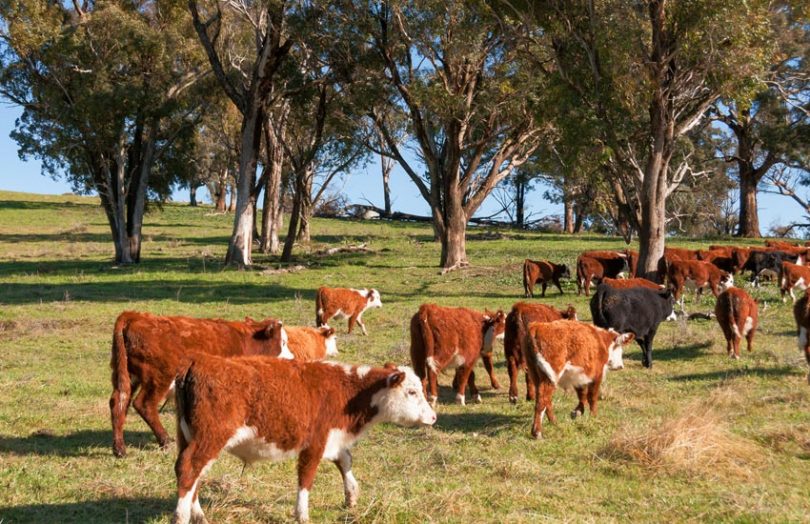Economic prosperity in Asia is spiking the demand for meat in the region, especially for pork and beef. Domestic farmers in China are struggling to meet the opportunity, and the focus has now shifted to importing beef into the country. Australian blockchain firm BeefLedger is trying to address this problem with a food provenance platform.
Australian beef producers are banking on the Asian trend, with exports to China rising 67% year-on-year. China is also the biggest buyer of Australian beef, reported Beef Central. While statistics show the popularity of Aussie beef in China, PricewaterhouseCoopers (PwC) estimates that every second kilogram of meat sold in China under the banner of being Australian isn’t Australian beef. It can either be a duck, pork or even horse meat.
Local news agency ABC recently reported that Beefledger is planning to launch the platform in China later this month.
BeefLedger is a token-driven platform where anyone can participate in the network by purchasing BEEF tokens. In this case, importers, retailers and wholesalers can use the token for payments of beef shipments.
The trust in the network stems from the immutable nature of blockchain. BeefLedger said blockchain can store all the information related to the cattle, from rearing to the fork. Chinese consumers can view details like the location where the cows were raised, health history, transport and processing of the meat.
BeefLedger’s blockchain is not merely a live cattle provenance solution but also monitors processes after the cattle are slaughtered. “We can secure data to track the conditions of transport, more accurately predict shelf life and use-by dates and connect consumers with producers,” Warwick Powell, founder and Chairman of BeefLedger told ABC.
The blockchain firm is backed by Aussie government-funded research firm Food Agility. Last year, Food Agility, Queensland University of Technology and truck insurer NTI participated in a pilot by BeefLedger to track the supply chain for beef exports to China.
“We are putting the systems in place that minimise the risk of ‘fake steak’ being delivered,” Powell told ABC.
With blockchain used to prove authenticity, the focus for misrepresentation could shift. For example, if the beef itself is not tracked, but the package carrying it, then there’s a risk of someone switching the contents inside. That moves the emphasis to tamperproof packaging and labelling.
Meanwhile, the company is also working with Chinese entrepreneurs to research Export Smart Contracts under the BeefLegends initiative. BeefLedger is working with Beijing-based e-commerce ecosystem developer LibertyPost to create a digital feedback-loop between consumers and producers.
There are a handful of other blockchain beef traceability projects active at the moment. US-based BeefChain is working on a platform to deliver value to the ranchers. It is also a member of the IBM Food Trust.
Last year, the South Korean government launched a pilot for beef traceability for cattle in the North Jeolla Province. In the UK, the Food Standards Agency completed a blockchain pilot at a cattle slaughterhouse.






